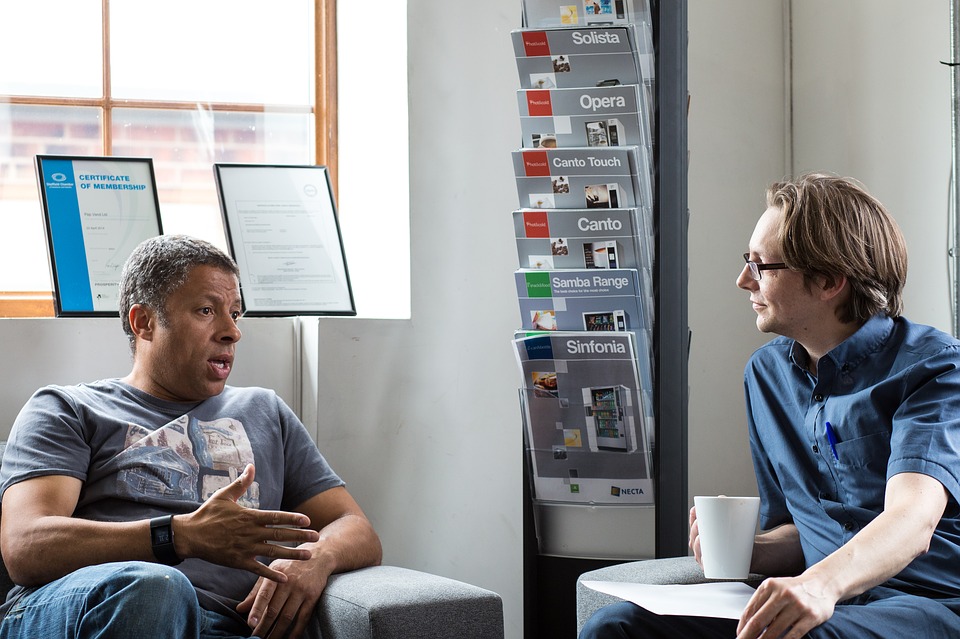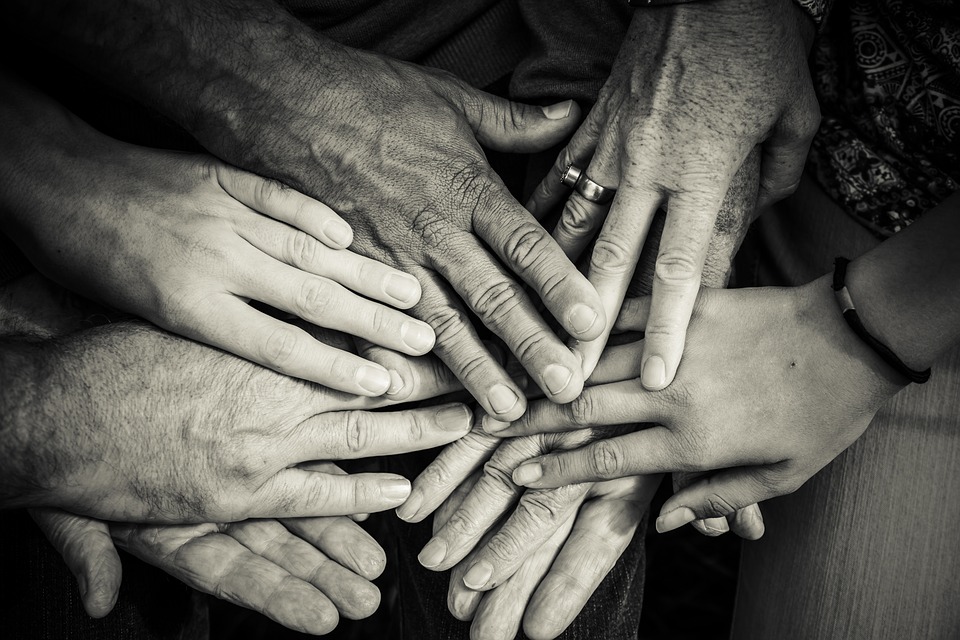How to Support a Friend Suffering from Cancer

It is already hard enough to learn that your friend or neighbor has been diagnosed with cancer. The only thing which might go through your mind is how to help them out without making them feel bad. You might want to help them by paying them a visit or buy them a gift. It is quite natural to feel at loss for what to do or what to say to a cancer patient.
According to many social workers, when someone is diagnosed with cancer, the person might be faced with so many emotions including fear and uncertainty over the potential outcome. It might be perfectly normal that they act a bit rude as their mental state is not stable at that moment.
Below are some tips about how you can support a friend or family member who is suffering from cancer :

• Always ask before planning a visit Whether you are planning to visit a friend at the hospital or at home, always give them a call before proceeding as being sick is unpredictable. Being understanding is very important. It might be possible that your friend backs out from the plan at the last minute as they are not feeling well. Always be ready to give your friend permission to say no to a visitor cancel at the last minute. Even if your friend does not revert back, do not feel bad. At that point, your friend is going through a lot of things physically and mentally which can be very draining.
If you ever visit, make sure that you do not overstay, at this stage, I am sure that you don’t want your friend to feel obligated to entertain you.

• Offer your help with the daily tasks While it might be difficult for your friend to ask you for help, it will be better if you initiate it. You can offer your assistance with their everyday errands such as grocery shopping or babysitting. If you are familiar with their kids, you might even help to pick the kids up from school or helping your friend with their laundry. You can suggest a list of tasks which you are willing to do and ask your friend if they are willing to accept that help.

• Listen The most meaningful and caring things to do are sometimes little like just being there and listen. It is okay to say that you are feeling a bit awkward or this is hard, I don’t know what to say. It is always better to acknowledge the situation rather than pretend that it is not happening at all.

• Set up a phone teamMany patients suffering from cancer find it difficult to keep in contact with all their friends and family members. It is better to keep a phone team whereby only one member will keep in touch with the patient and provide the other about the latest updates. The person can also let the other ones know if the mutual friend wants visitors or phone calls or simply want to be alone.

• Take cues from your friendSometimes patients feel frustrated as they feel like their friends don’t want to talk about cancer. They feel that way as the disease is a big part of their life. On the other hand, some feel more at ease when they talk about something else rather than cancer and treatment. If you are not sure, you can ask your friend what they want to talk about today.

• Give thoughtful giftsGiving a gift can be really tricky. For someone with a weak immune system, flowers are not appropriate. Gifts with a strong perfume can be quite disturbing for a person who suffers from cancer. However, books, magazine, movies, board games or puzzles might be a great distraction, especially during chemotherapy.

• Reconsider food as gifts Before you decide to concoct a meal or casserole for your friend, please keep in mind that people suffering from cancer have a special diet during their treatment and they suffer from symptoms such as nausea and vomiting. It is better to avoid giving them food.

• Always remember that everyone’s illness is differentEven if you have friends with the same kind of cancer, please remember that everyone’s symptoms and disease are unique. Never compare illnesses.

• Support caregivers and family members Everyone is so focused on the patient that they forget to ask about the caregiver or family members. At that time, caregivers and family members are also stressed out and overloaded as they have to juggle between their own routines and take over new responsibilities. You can offer to babysit or just sit with the patient while the caregiver steps out for a cup of coffee. You might even offer food to the family members since they are tired of the coming and going to the hospital.



